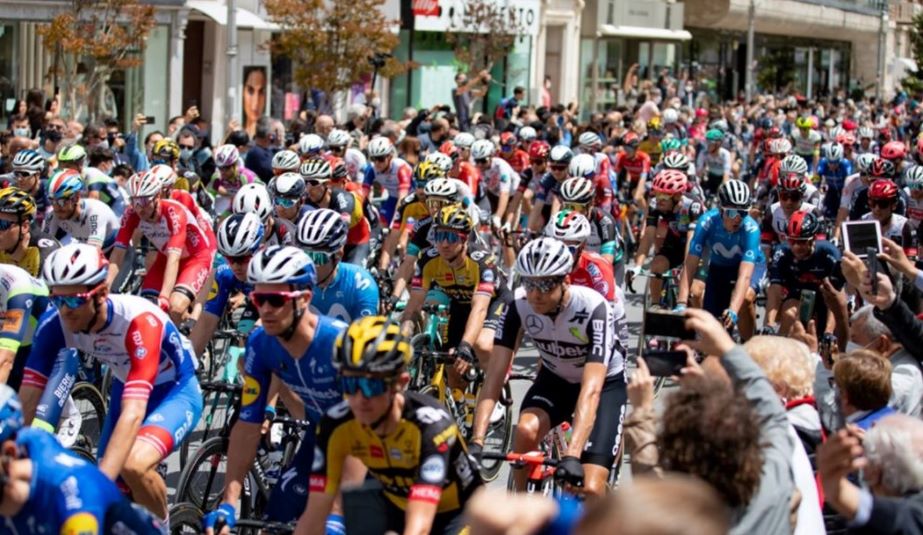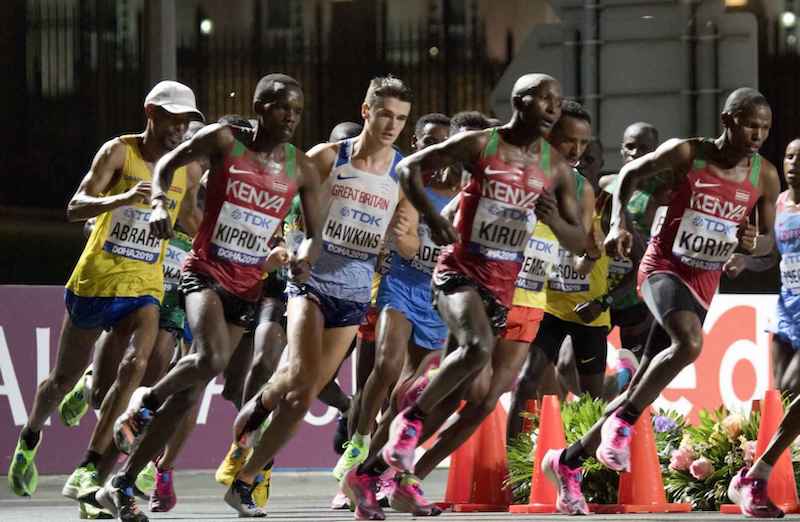 Carbohydrate needs are greater for athletes, especially those who are training for a competition, with global dietetic associations usually recommending that athletes consume at least 60% of their calorie intakes from carbohydrates.
Carbohydrate needs are greater for athletes, especially those who are training for a competition, with global dietetic associations usually recommending that athletes consume at least 60% of their calorie intakes from carbohydrates.
This general recommendation, of course, applies to athletes in the general population, but elite athletes and those on specialized diets may have different needs depending on aspects such as energy expenditure while practicing their sport, the type of training they are undertaking (strength, cardio or both), and how long their training sessions are. All serious athletes should be following a personalized nutritional program, but there are general stipulations they can follow to give their best during workouts and sporting events.
General Recommendations For Carbohydrate Intake
M Hassapidou, Professor at the Department of Nutrition and Dietetics at the Technological Educational Institution of Thessaloniki, states that general recommendations should always be followed with caution. For instance, consuming 50% carbohydrates will provide 7-8g per kg of body weight for a 70kg athlete who consumes a 5,000 kcal diet, but a 60% carbohydrate diet will provide only 4-5g/kg for an athlete weighing 60kg.
Hassapidou warns that many athletes need to exceed typical recommendations for carbohydrate intakes – for instance, they may benefit from having more than five servings a day of vegetables, and more than four servings per day of fruits. In general, she recommends that athletes consume 200-300g of carbohydrates three to four hours before an athletic event, 30-60g per hour during the event to keep blood glucose stable, and 1-1.5g per kg of body weight every two hours for four to six hours post-event to replace glycogen supplies in the liver and muscles.
How Should Athletes Count Carbohydrates?
In order to meet their daily requirements, athletes should know how to read labels to ensure they aren’t going over or under amounts recommended by a nutritionist. They should know, for instance, the difference between net and total carbs, since net carbs are usually what they need to be adding up.
To work out the net carbs they’re consuming, athletes simply need to subtract the amount of fiber in a food item from the total carb count. For instance, if one serving of a food they’re consuming has a 37g total carb count and 4g of dietary fiber, then the net count amounts to 34g.
Signs Athletes May Need More Carbohydrates
If you’re following a general nutritional plan for your sport, take note of signs that your carbohydrate intake may be inadequate. Typical signs that your plan may need an update include fatigue or carb cravings on the days you train, unexplained loss or gain in muscle mass, and changes in your menstrual cycle (in the case of female athletes). You may find that a plan works well but begins to falter when your training level changes or you exercise more frequently.
When you’re an athlete, it’s always important to follow a plan laid out by your coach or by a qualified nutritionist. If necessary, follow an online nutritional program tailored for athletes in your sport, and gauge the effects it has on your performance and energy levels. If you notice that you’re fatigued or craving carbohydrates, talk to your nutritionist or coach. Make the necessary changes to your diet so as to ensure your energy levels are up to the intensity of the activity you’re carrying out.




































